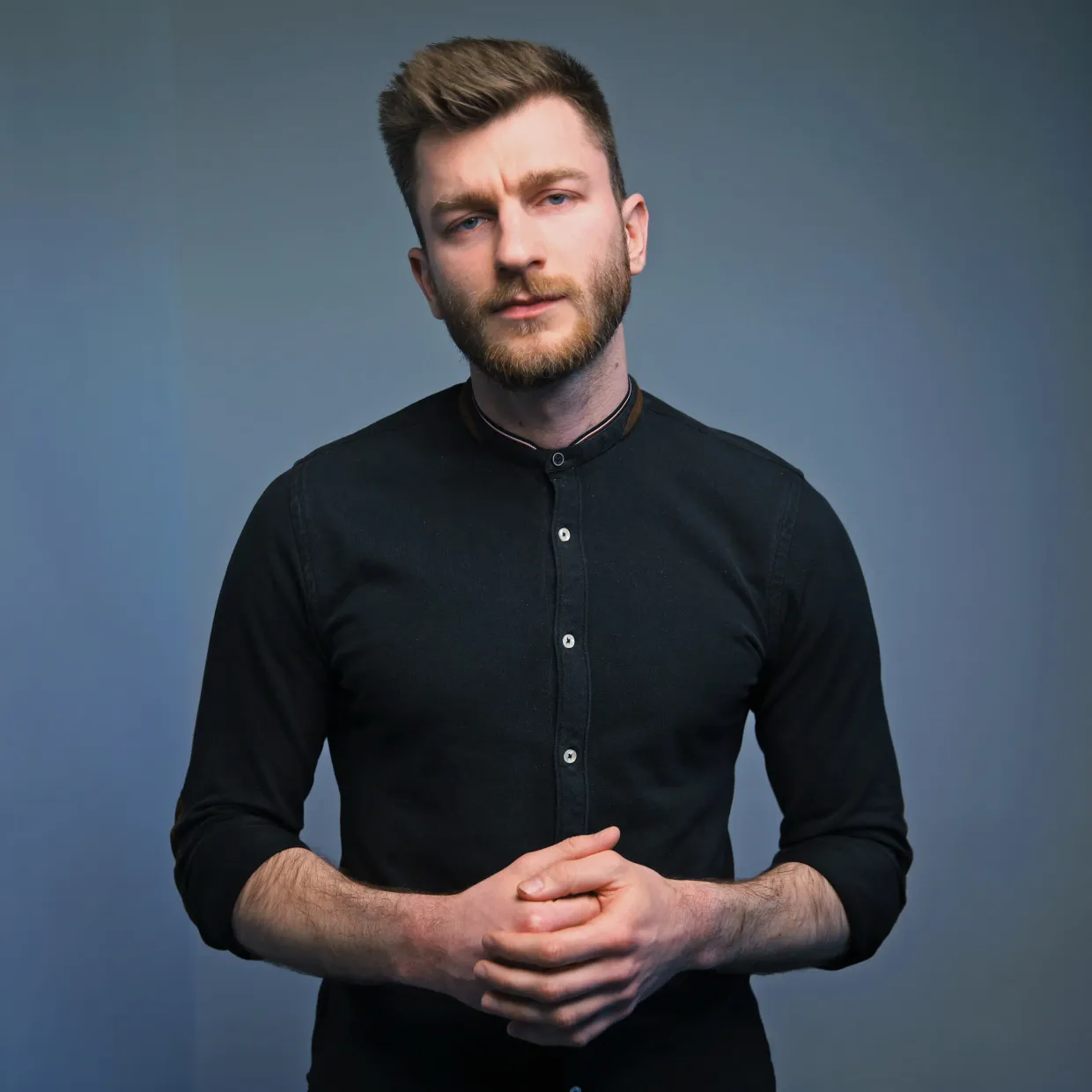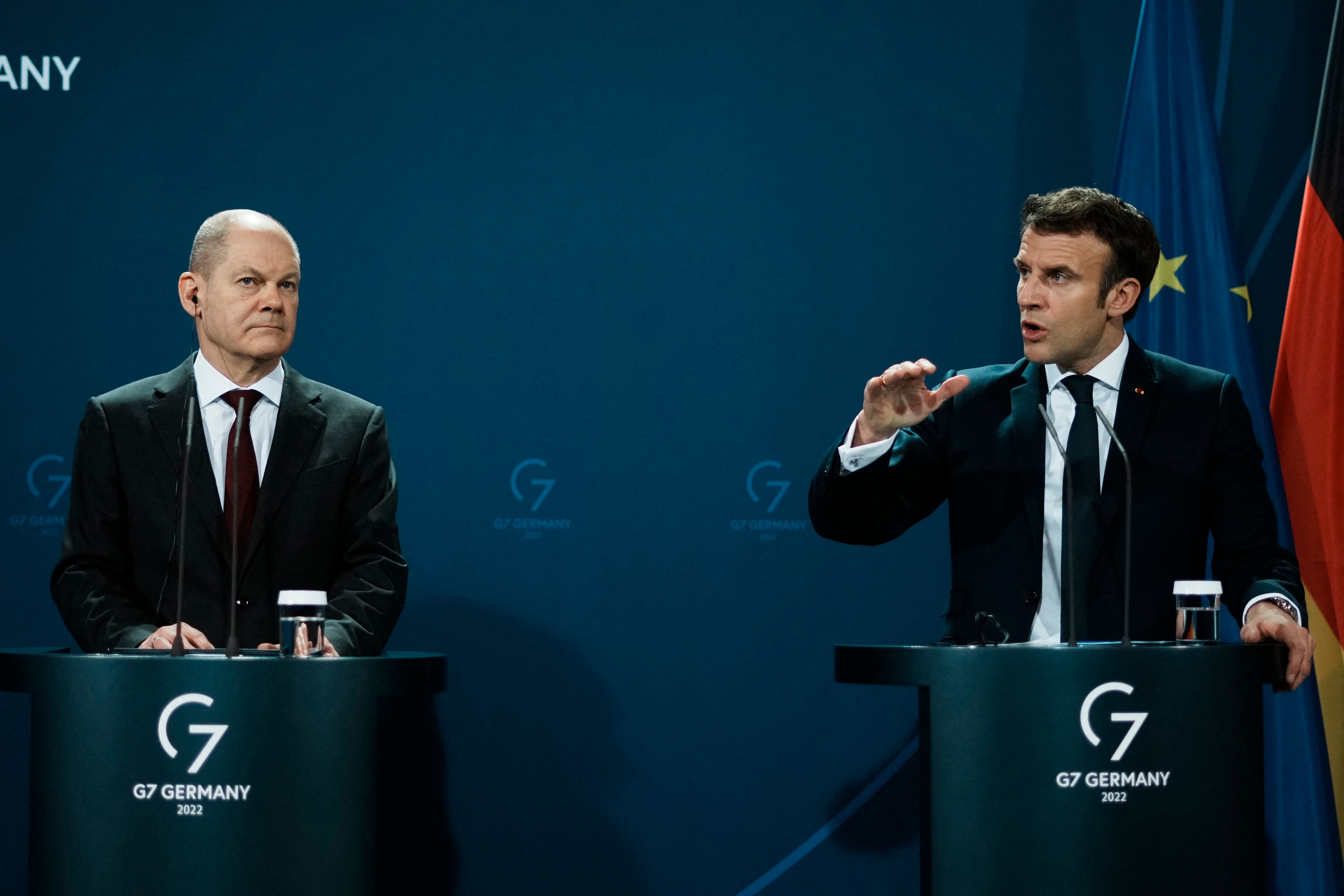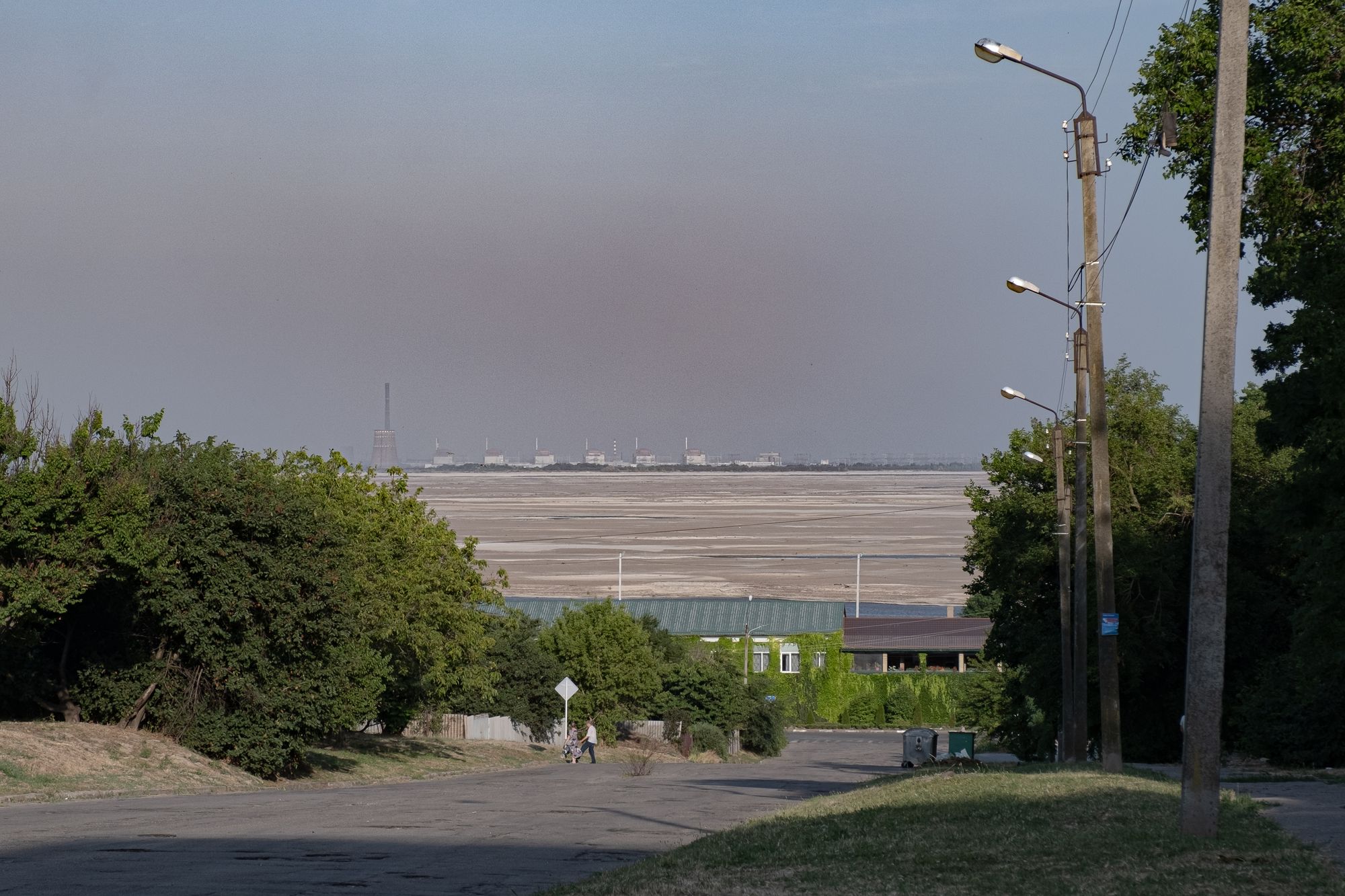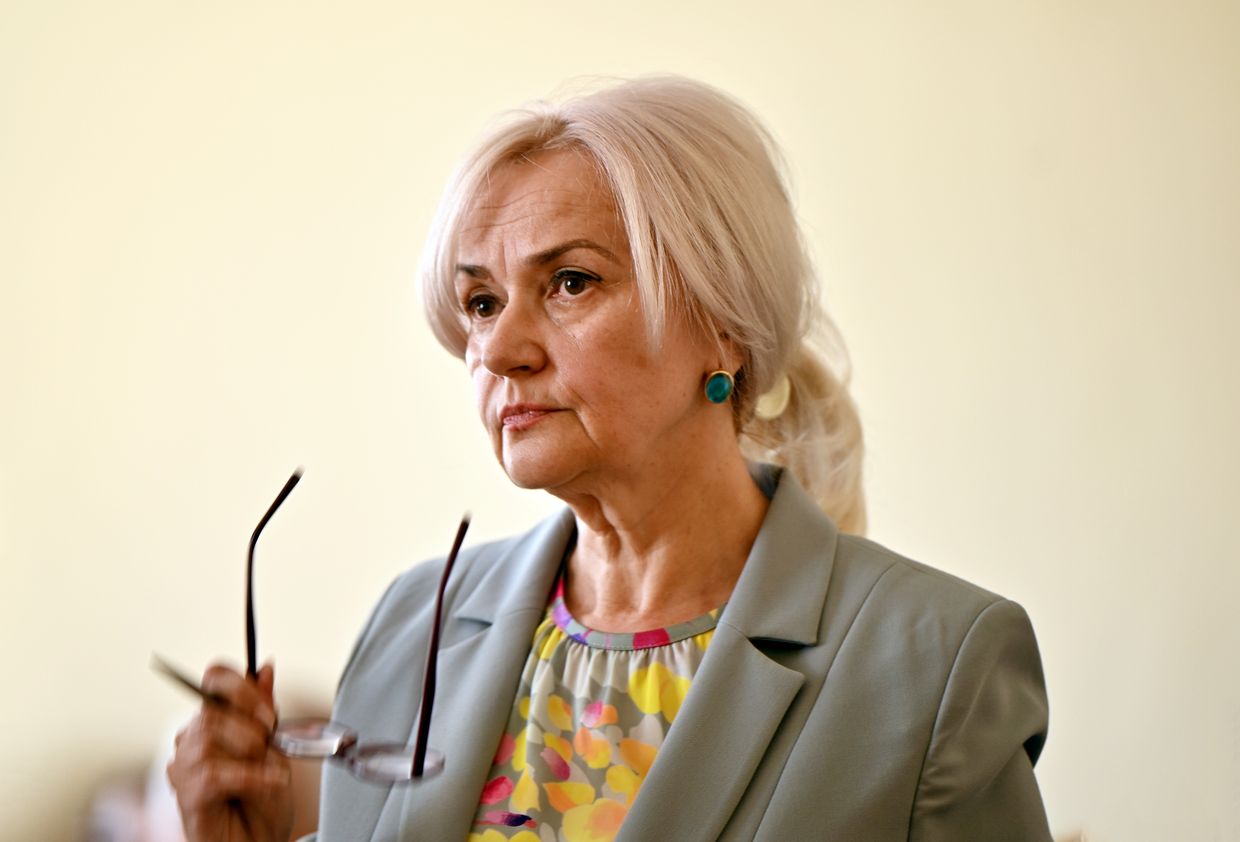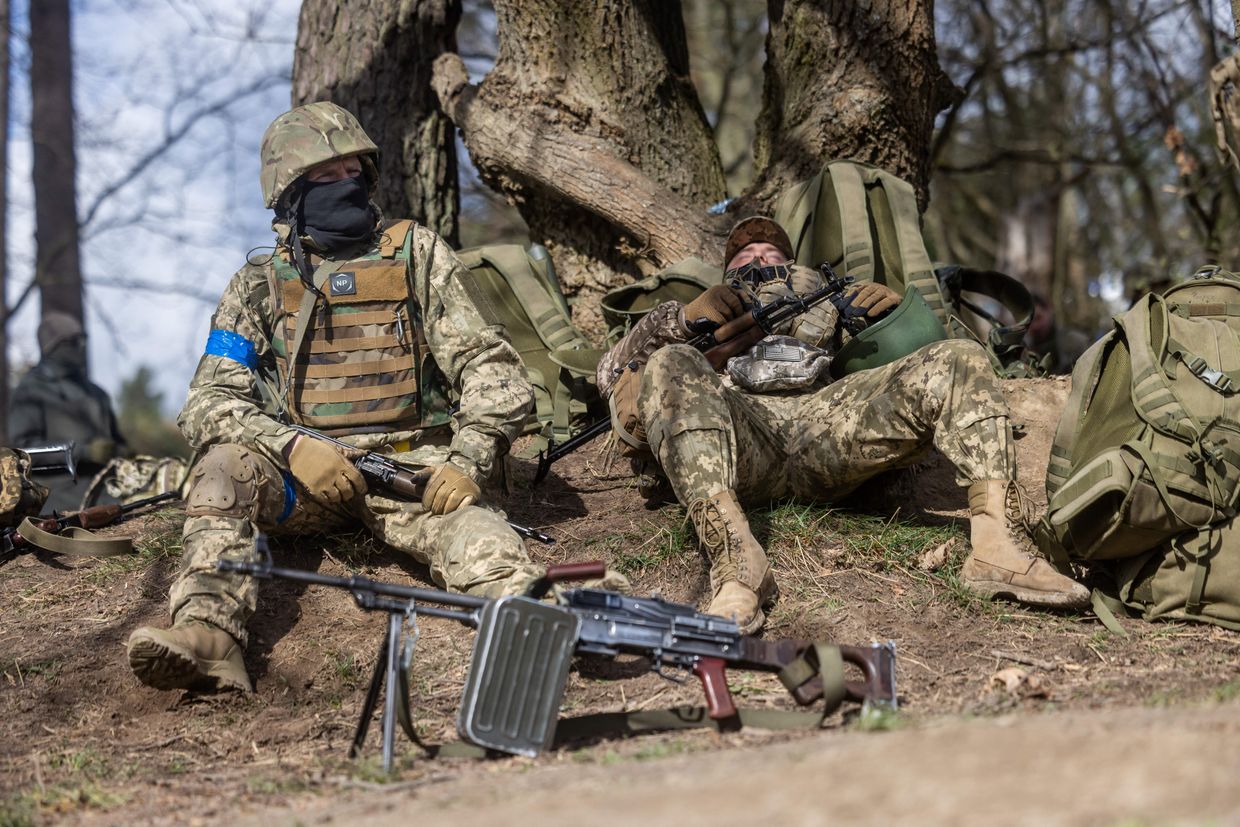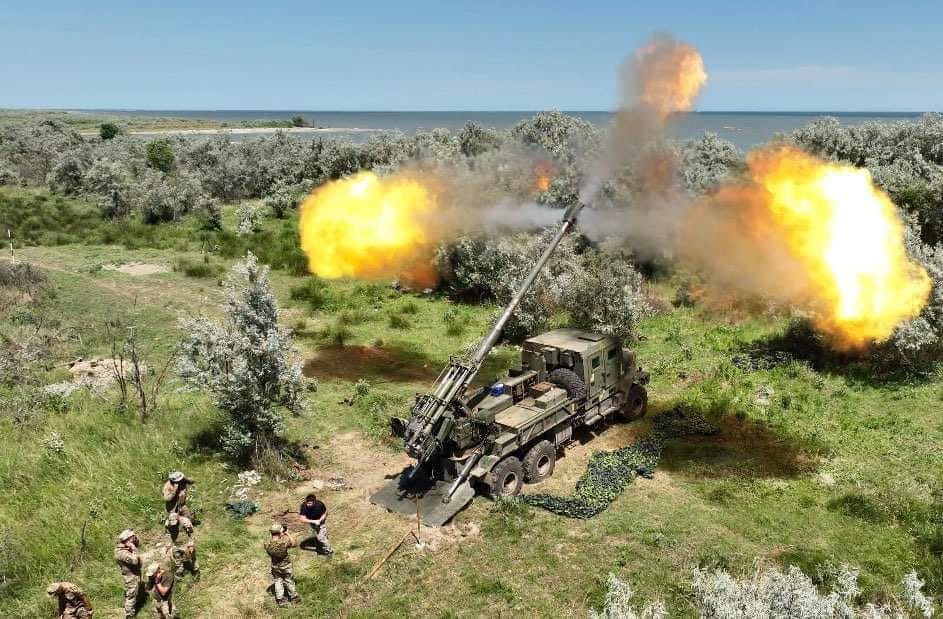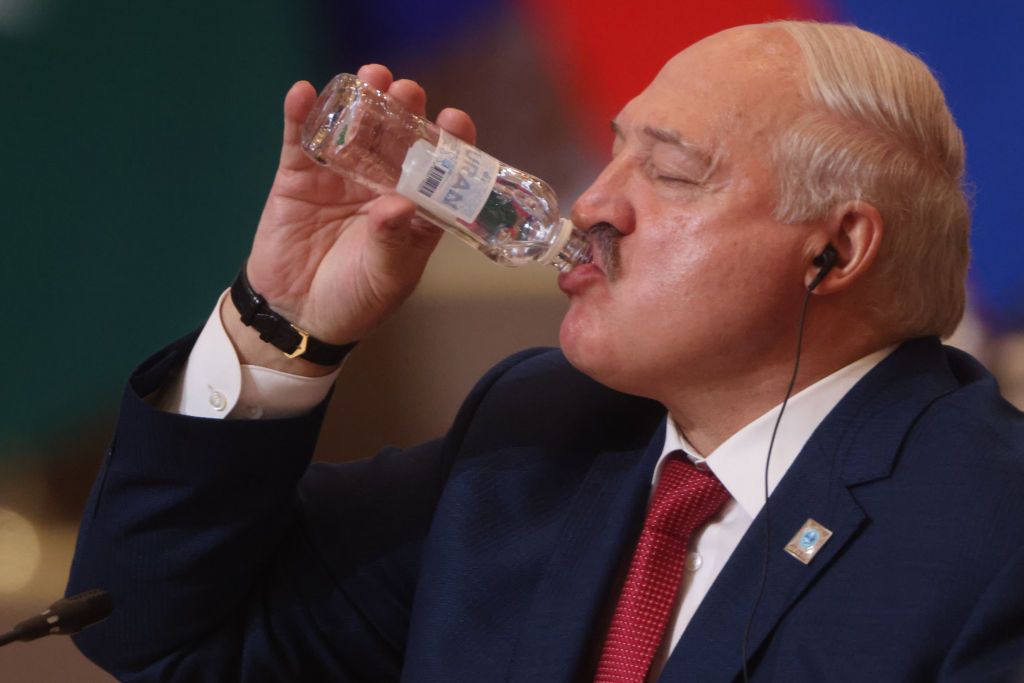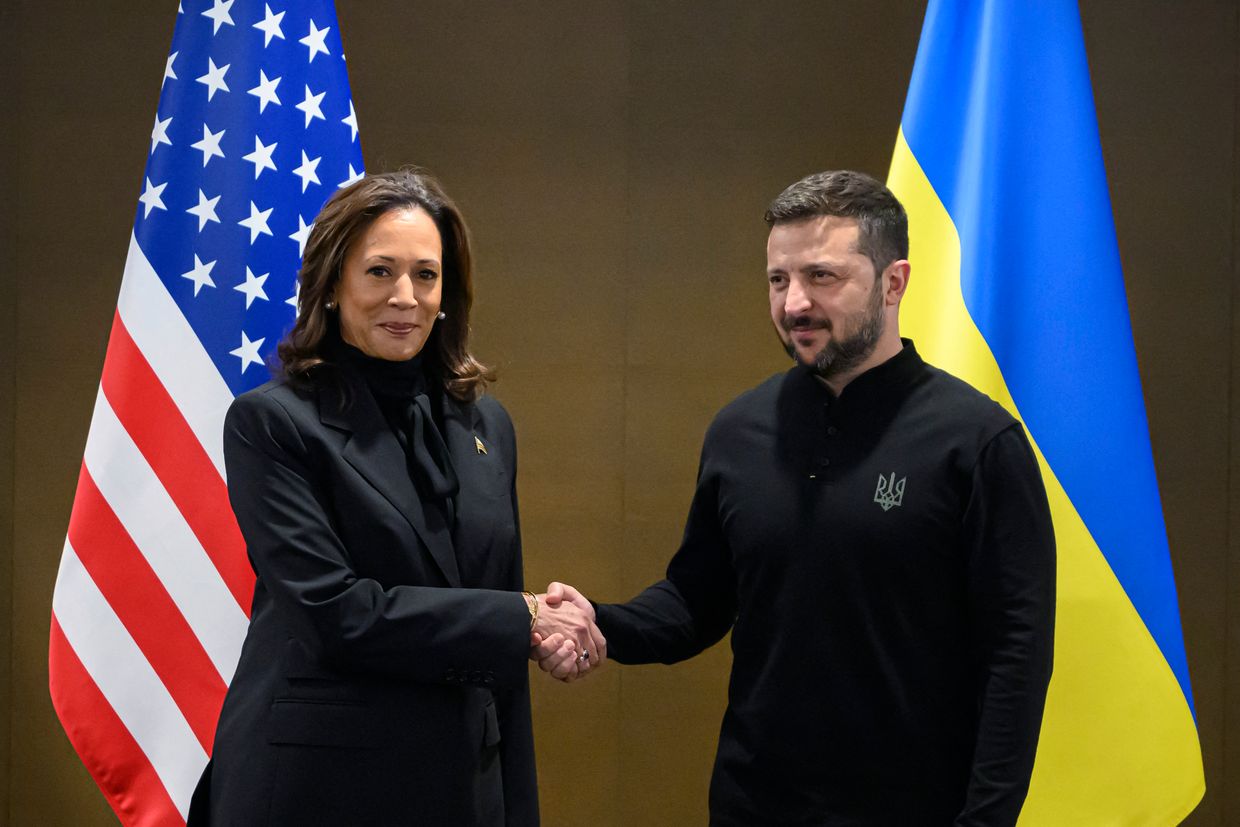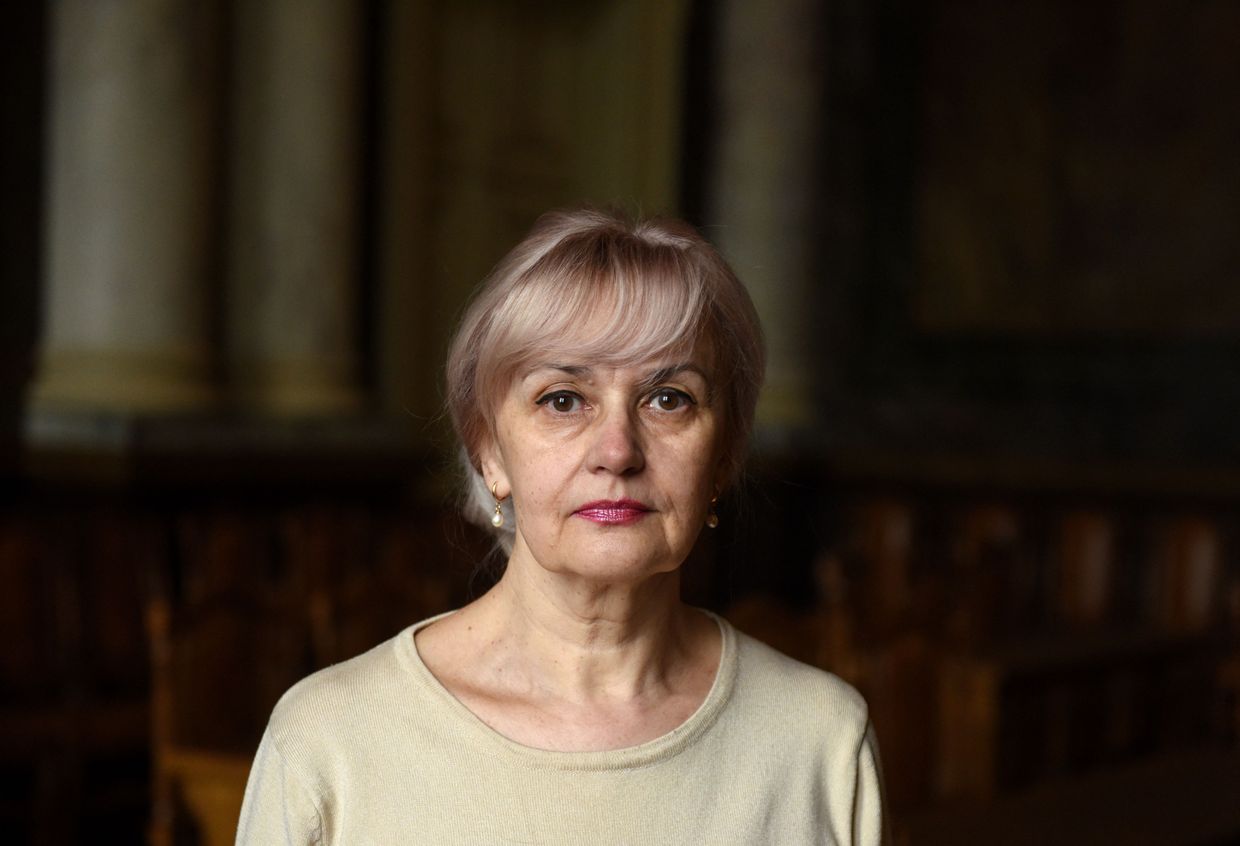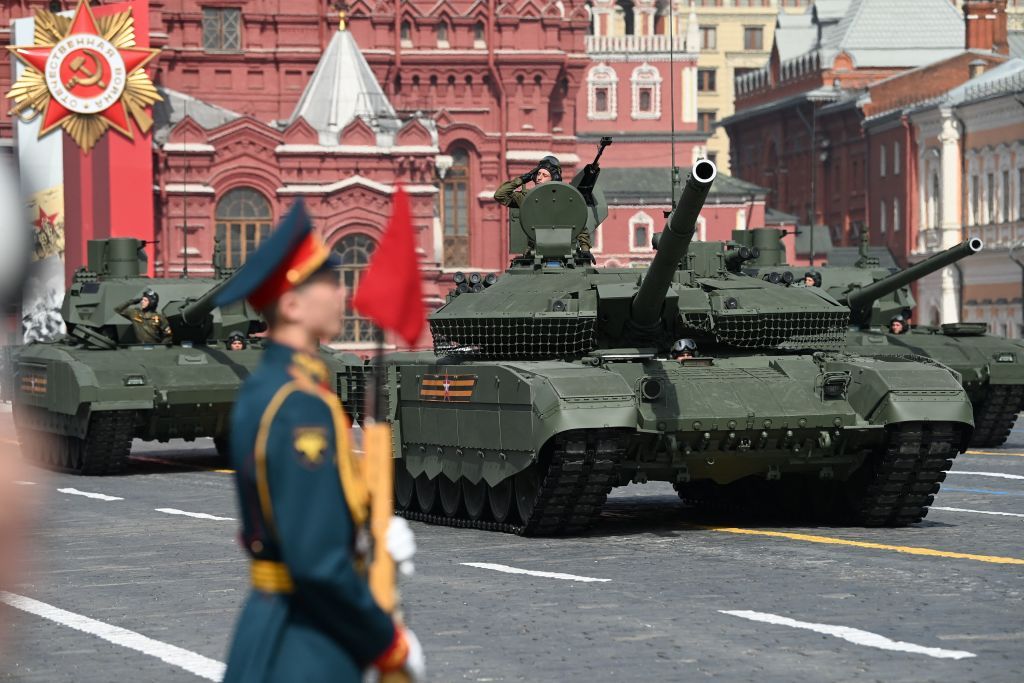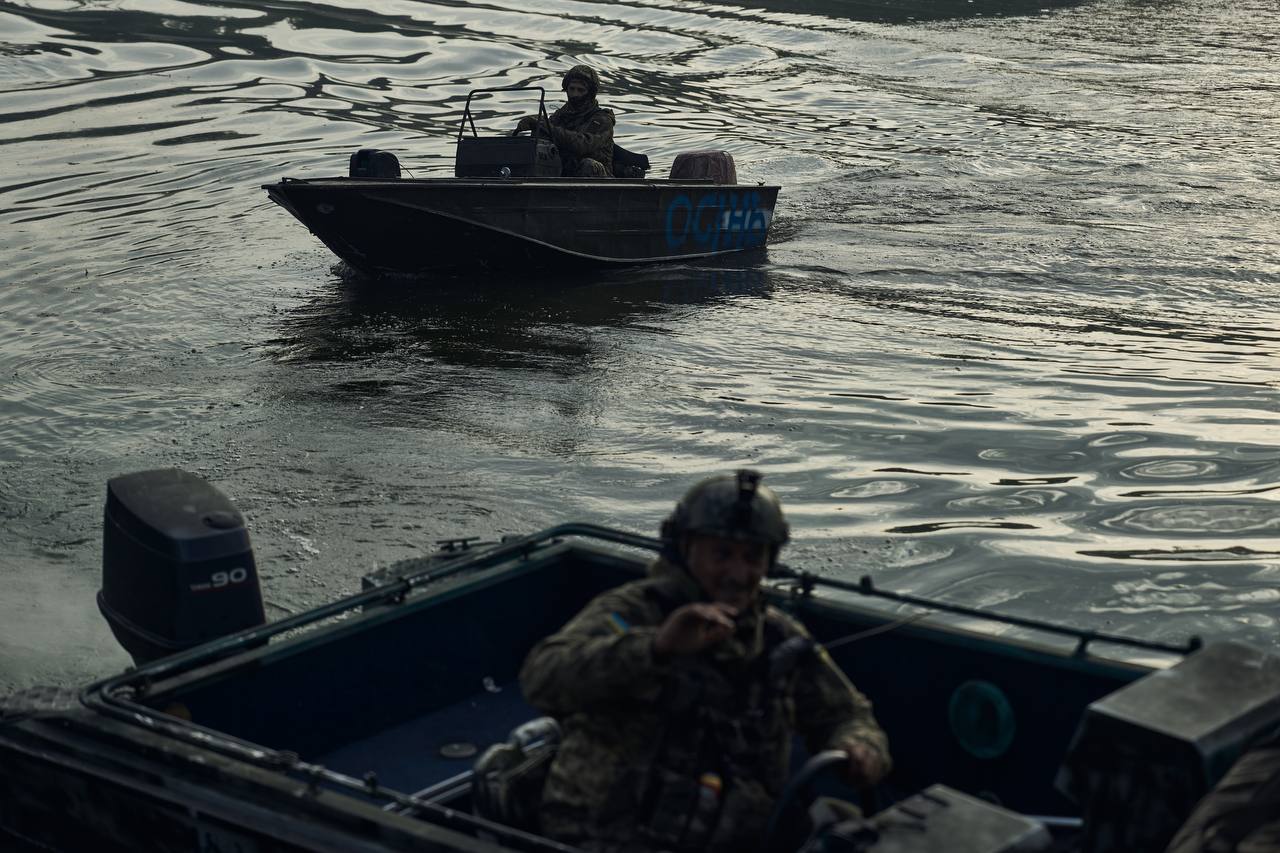The leaders of France and Germany tried to push Ukraine to comply with the Russian spin of the Minsk Agreements during their recent visits to Kyiv, sources in the Ukrainian government and foreign emissaries told the Kyiv Independent.
The diplomatic efforts to resolve the ongoing security crisis came as Russia massed 140,000 troops near Ukraine and in the Russian-occupied territories.
On Feb. 8, French President Emmanuel Macron tried to persuade President Volodymyr Zelensky to hold direct talks with Russian-controlled militants, an idea that would effectively echo the Russian-promoted fake narrative of a “civil war” in Ukraine.
Macron asked Zelensky to conduct direct talks with the militants, to which Zelensky said no.
Macron discussed the idea of holding direct talks with Russian proxies in the region with Russian President Vladimir Putin in Moscow on Feb. 7.
When talking about his meeting with Macron, Putin said that the talks were useful and that some of Macron's ideas were "realistic" and could form a basis for further joint steps.
A day later, Macron brought up this proposal in his talk with Zelensky in Kyiv, according to two sources.
German Chancellor Olaf Scholz, who traveled to Kyiv on Feb. 14, tried to talk Zelensky into granting Russian-occupied regions autonomy, which is one of the key demands made by the Kremlin.
On Feb. 15, Russia’s parliament voted to ask Putin to recognize Russian-occupied territories in Ukraine’s Donbas as independent states. If Putin signs the bill, this will effectively cancel the Minsk Agreements, which, according to Ukrainian officials, isn’t what Russia desires.
The day before, Scholz said that Zelensky agreed to present a plan to introduce “special status” for occupied Donbas. Zelensky didn’t comment publicly on the issue.
During his visit to Moscow on Feb. 15, Scholtz called recognizing the independence of Russian-occupied regions a “political catastrophe.”
Why Minsk Agreements?
The demand for the autonomy of Donbas comes from the peace agreement signed in Minsk in February 2015 following the Battle of Debaltseve, which was devastating for Ukraine.
Back then, Ukraine, Russia, the OSCE, and the Russian-led Donbas militants, signed what is now known as the second Minsk Accords, formally aimed at stopping the war in eastern Ukraine.
Before being signed, the Minsk Agreements have been approved by the leaders of the Normandy Format countries – a group created to bring peace to Donbas that includes Ukraine, France, Germany, and Russia.
Since the documents were signed as a result of major Ukrainian military defeats due to Russia’s military involvement, many provisions demanded significant concessions from Ukraine.
In particular, the Minsk Accords stated that Ukraine must pass a bill granting “special status” to the Russian-occupied parts of Donbas. This legal framework stipulates very broad autonomy, potentially even semi-independence, for the region.
This special status would provide the Russian-occupied territories with a full amnesty for all combatants, the right to appoint their own prosecutors and judges and to develop their own political and economic ties with Russia.
Knowing that the militants are fully controlled by Russia, Ukraine demanded that local Donbas elections be held in compliance with Ukrainian legislation, under OSCE standards and supervision, and only after all militant forces and paramilitaries are withdrawn and disbanded, and the eastern border is back under Ukrainian control.
Explainer: Why Russia wants autonomy for occupied Donbas (and why Ukraine doesn’t)
Russia did not rush to withdraw its formations and hardware from Donbas. The Kremlin demands the “special status” and elections before withdrawing from the region, meaning that it could influence the elections.
Ukraine’s parliament had passed a law on special status for the occupied territories back in 2015. The law is also designed to grant some autonomy to the region, but only after Ukraine re-establishes control over the Russian-occupied territories. Ukraine has prolonged the law every year since then.
The leaders of the Normandy Format countries have not met since December 2019. Both peace negotiation formats – the Normandy Format and the Minsk Trilateral Group – are stalling.
The last two meetings of representatives of Ukraine, Russia, France, and Germany on Jan. 26 in Paris and Feb. 11 in Berlin brought no result.
Russia’s representative Dmitry Kozak said after the January meeting that “all agreed that as long as there are differences in the interpretation of the Minsk Agreements… the Normandy format is unlikely to play any significant role in resolving the conflict.”
